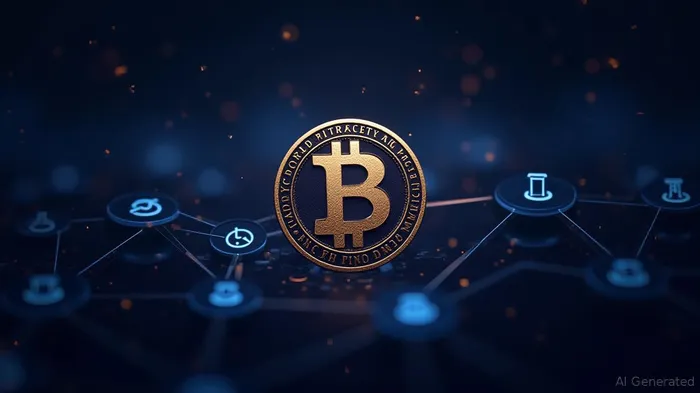BNB Chain Halves Block Time to 0.75 Seconds with Maxwell Upgrade
BNB Chain has successfully implemented the Maxwell hard fork, which has significantly reduced the blockXYZ-- time from 1.5 seconds to 0.75 seconds. This upgrade includes three Binance Evolution Proposals (BEP-524, BEP-563, and BEP-564), aimed at enhancing the network's performance, validator synchronization, and achieving sub-second finality across the BNBBNB-- Smart Chain (BSC).
The most notable change introduced by the Maxwell upgrade is the halving of the block interval, thanks to BEP-524. This modification reduces the time users wait for finality, achieving sub-second block times at 0.75 seconds. BEP-563 ensures that validators can keep up with the faster pace by providing a more efficient way to recognize each other in the peer-to-peer network. Meanwhile, BEP-564 improves block fetching, preventing slow nodes from dragging the system back to its previous rhythm.
Developers had been preparing for this change since May when the release candidate was introduced on the testnet. This preparation was crucial as smart contracts hard-coded to 1.5-second assumptions required quick adjustments, and rate-limit logic tied to older epochs needed retuning. By launch day, most major DeFi platforms reported clean health checks, though smaller projects were still working to patch edge cases.
Validators faced a different challenge: increased throughput. A shorter block time doubles the number of consensus rounds an operator must process in the same minute. To manage this, the network now batches messages more efficiently, and hardware profiling during the testnet phase suggested that memory and CPU headroom remained comfortable. However, node operators have been advised to monitor load over the coming weeks as real-world traffic often diverges from lab conditions.
The Maxwell upgrade also impacts MEV searchers. A sandwich bot that once had 1.5 seconds to slot bids between swaps now works with barely half that window. Some arbitrage plays that relied on leisurely latency have already been abandoned, and builders specializing in ultra-fast execution are eyeing new opportunities. For ordinary users, this shift could mean fewer predatory trades slipping into the mempool, though history suggests opportunists will adapt quickly.
The path to today’s launch started in January when the Lorentz hardfork reduced block times from 3 seconds to 1.5 seconds. This earlier cut coincided with a visible drop in chain reorgs and a surge in daily decentralized-exchange volume, convincing the core team that even more headroom remained. Maxwell pushes this thesis to its limit: sub-second blocks without destabilizing consensus. Internally, the upgrade doubles the epoch length to 1000 blocks and sets each validator’s turn at 16 blocks, about 12 seconds, a tweak meant to preserve fairness while keeping finality under two seconds.
Market reaction has been muted. BNB, the chain’s native token, drifted sideways in the hours before and after the fork, suggesting traders had priced the move in or were waiting to see real-world performance data before betting on throughput translating to demand. On social channels, sentiment was cautiously optimistic; developers praised the smooth cut-over, while critics noted that speed alone won’t solve every scalability concern.
In an industry where a growing list of projects tout millisecond confirmations, BNB Chain can no longer rely solely on low fees and a large user base. Maxwell puts the network into the sub-second club and gives its ecosystem new room to experiment with real-time gaming, high-frequency DeFi, and responsive Web3 social platforms, all without asking users to sacrifice familiarity.
For builders, the next few weeks will reveal how well the upgrade holds under peak demand. If block propagation stays smooth and reorg counts remain low, Maxwell will stand as proof that iterative, measured engineering can keep a mainstream chain competitive. If cracks appear, the community may need yet another round of fine-tuning. Either way, the era of three-second blocks on BSC is now a footnote, and the race for ever-faster finality moves on.

Quickly understand the history and background of various well-known coins
Latest Articles
Stay ahead of the market.
Get curated U.S. market news, insights and key dates delivered to your inbox.



Comments
No comments yet